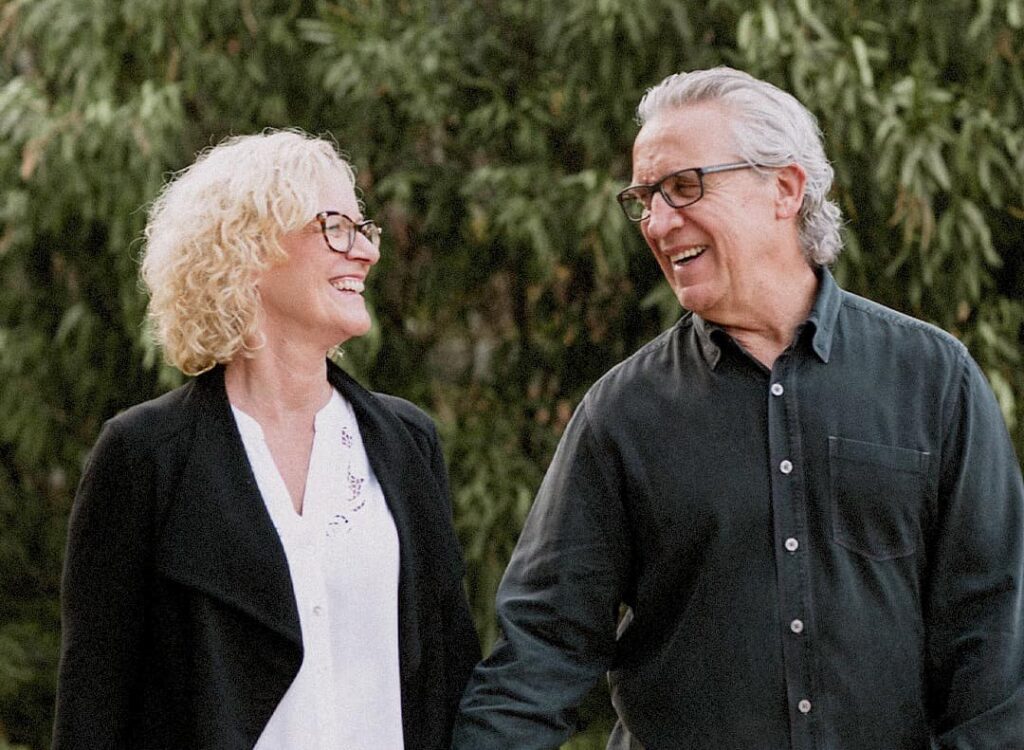I am agnostic as to who / what is ‘the devil’, the one called ‘the Satan’ in the Hebrew text. Personal – ontological existence? Maybe. (My agnosticism also goes to ‘what / who are demons’… don’t worry I am pretty clear over God and humanity, and that seems enough to get me through to a place of reality. Maybe one day I will do a post on those agnostic areas of thought.)
Anyway back to the ‘big bad devil’. Glad the Bible personifies it all – Jesus tempted by the devil / the satan; Jesus casting out demons; Jesus explaining that houses should be cleaned and restored to purpose otherwise we end up creating all sorts of problems; of the warnings that ‘the devil goes about as a roaring lion’. All of that helps me to approach the whole real as if I am confronting personality.
There are three major ways by which the devil comes to us. To accuse, to tempt and to deceive. We can see that with such phrases as ‘the accuser of the family of God’; that ancient serpent – the deciever of the world; ‘the tempter tempted you’ / tempted by the Satan etc…
The ‘deception’ approach is the most subtle so I will leave it for the final post of these three.
Accusation
Ever faced the onslaught of accusation? If you haven’t I figure it could be that the devil has not got round to you yet, with limited energy and time maybe he is too occupied with me! Accusation, we should be able to recognise it:
‘Never’, ‘always’, ‘again’, ‘no good’. Some tell-tell words. Often feeding off a whole set of false values.
Maybe our distinctive personalities lay us open to different approaches. I love to pray for people, but am not too sharp at responiding myself to what I pray. I had opportunity two days ago and spoke of ‘false responsibility’. Taking on what is not theirs to bear. How clear I was.
And yet… most things in life I am responsible for. Even at times the war in the Ukraine. If only I had not done (can’t think what it would be, but what the heck) then I would not have contributed to the war in Ukraine, after all a butterfly flapping its wings in the Amazon contributes to the storm in…
I do have a theology of how due to the interwining / labyrinth of all things that my behaviour does make a difference; the woman’s two coins pulls down the big corrupt temple; the body of Christ has authority beyond anything else on the planet etc… And so maybe I have contributed to the war in Ukraine! But give me a break!!
Perfection, as I have not quite made it yet, imagine what damage I am causing. Not being perfect – there is the crack through which accusation comes.
Yes, to all who read these words, my big confession is about to follow – not perfect, guilty as charged. But to ‘the devil’, ‘the accuser’ naff off (a whole lot of ‘f’s in those last two words I noted).
Yes I do believe the solution to the world’s problems was always intended to be the body of Christ, the earth itself looking to the freedom of the children of God etc. BUT there is grace for the imperfections, the cross is not helpless to cover. At a very real level the cross is incomplete, for we are to fill up the afflictions of Christ, but the cross covers all the ‘you really are a Pratt, Martin’ stuff; it covers the ‘always getting it wrong’, ‘done it again’, ‘I will never be free’.
The cross of pain is to release the carefree laughter. Seems the irresponsible laughter is quite an antidote.
[Personal note to self: give that a go.]


